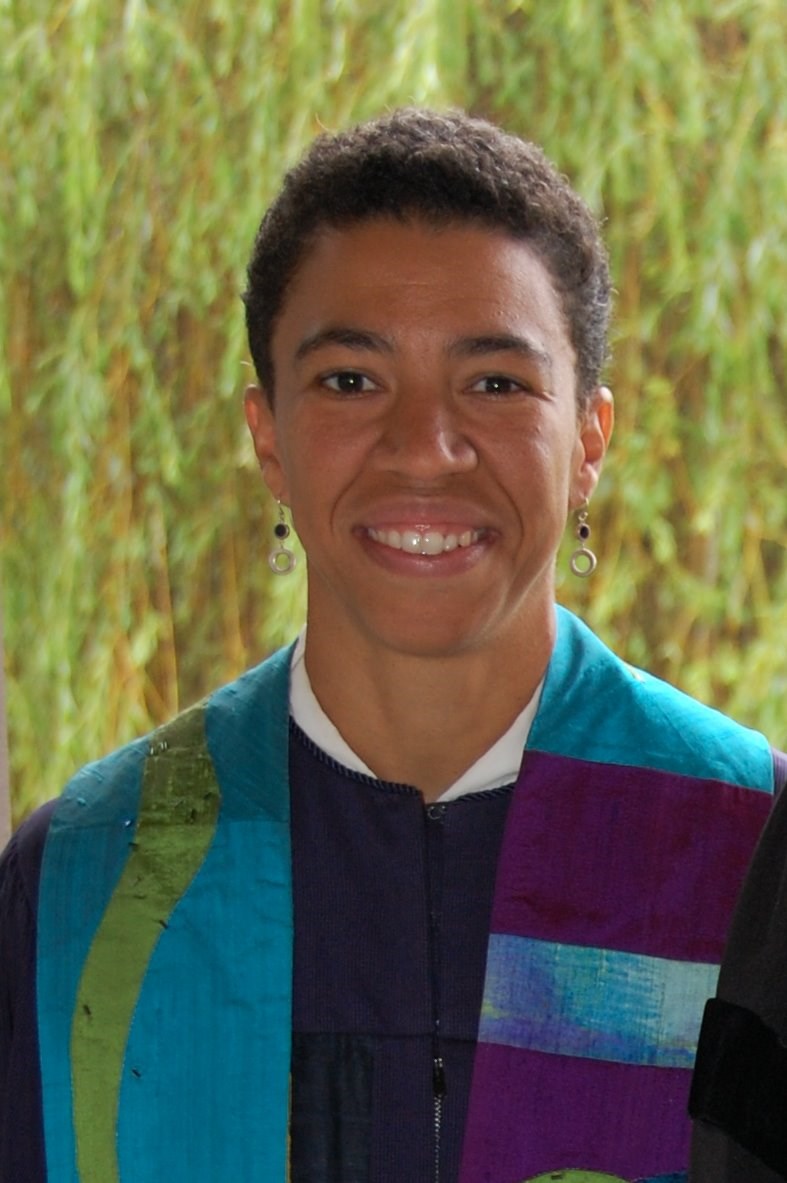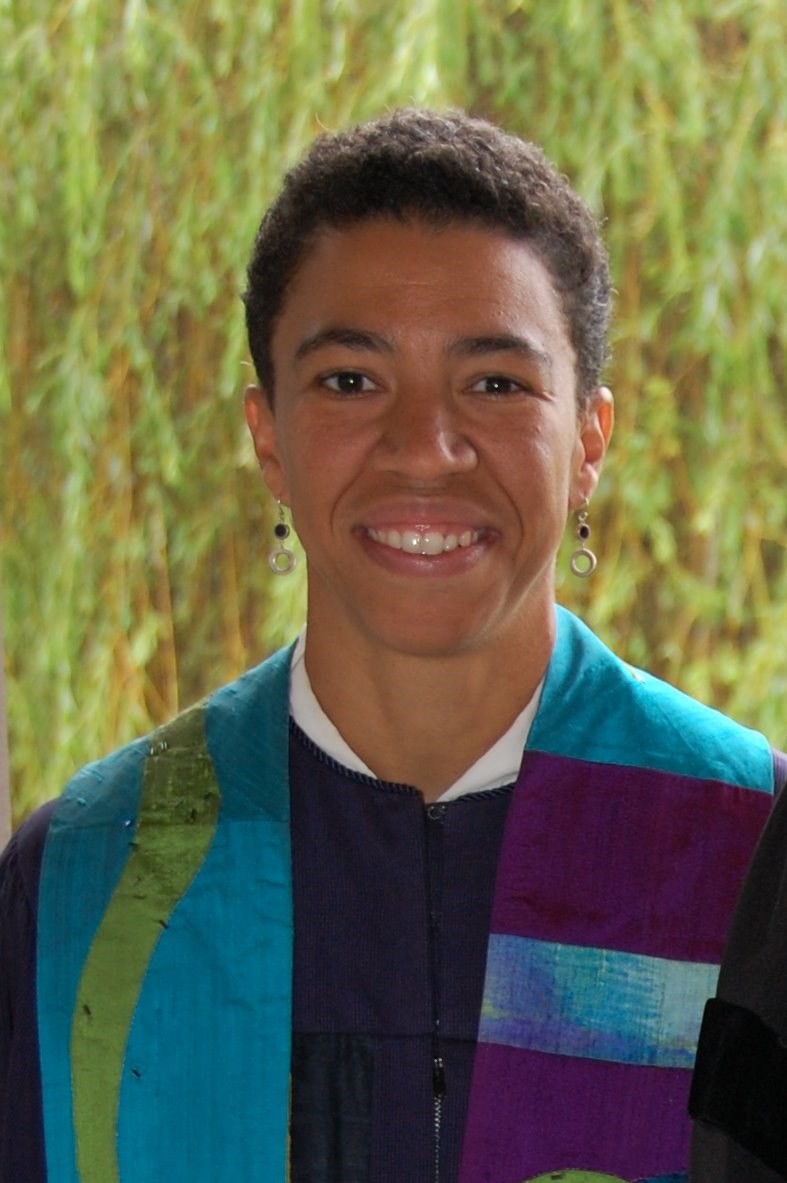I have noticed a tendency in myself when I get busy that I am trying to undo. A sort of default habitual way of being that falls well short of who I want to be in the world. When in a rush or pressed for time, I have been more focused on the task and the doing than on connecting with the people I encounter along the way. When people are means to accomplishing ends, more cogs along the to do list of my day than people with complex lives of their own, than I know something has gone horribly awry. No amount of crazed busy-ness should keep me from noticing and acknowledging the people I encounter.
Several months ago I read an article by Buddhist teacher Sharon Salzburg which contained some statistics about how disconnected we modern folks can be in the midst of our constantly connected world. Salzburg said that a recent study had found that 82% of smartphone users said that the phone had diminished their most recent in person interaction. The same study found that 1 in 4 people in the US feel as though they have no one to talk to. We have so many ways to connect virtually, yet it seems to be undermining our ability to connect face-to-face. How many times have you witnessed someone on a phone ignoring all the flesh and blood folks in front of them? How many times and in how many ways can we ignore the art of building connections with people around us before our capacity to do so atrophies? I worry that every time I choose to check my phone or send some emails over talking to the people around me in a waiting room or store line, the more insular I am making my life. The more I move about in my own bubble and the less I fully acknowledge other lives. Frankly, I fear that the more I do this the more my empathy contracts.
How different would life feel in an everyday kind of way if we looked every person we saw each day in the eye? Would there be something qualitatively different about our sense of connection to others if we made a commitment to engage everyone in some conversation, no matter how brief? I can’t help but think that the current epidemic of anxiety and isolation that so many seem to be experiencing is connected to this shrinking scope of life. As the ties and connections that hold us become fewer and fewer, and as we do less and less to connect with the people around us—we become more and more susceptible to seeing other people as unknowable (at best) or as dangerous (at worst).
I used to think that saying hello to passersby or smiling at someone was a little and insignificant gesture. Not anymore. I believe now that maintaining my empathy and sense of connection with the humanity of others (and by extension my own) starts with these small acts of connection. If I want to live in a world in which every person can be seen as a potential friend and not a potential threat, I have to start by acknowledging them. I hope that when we cross paths, I will put my phone away, look you in the eye, and say simply and sincerely, “How are you?”
 Rev. Shana Lynngood is co-minister of First Unitarian Church of Victoria. She has lived and served in Victoria since 2010
Rev. Shana Lynngood is co-minister of First Unitarian Church of Victoria. She has lived and served in Victoria since 2010
You can read more articles from our interfaith blog, Spiritually Speaking, HERE
*This article was published in the print edition of the Times Colonist on Saturday, October 28 2017



